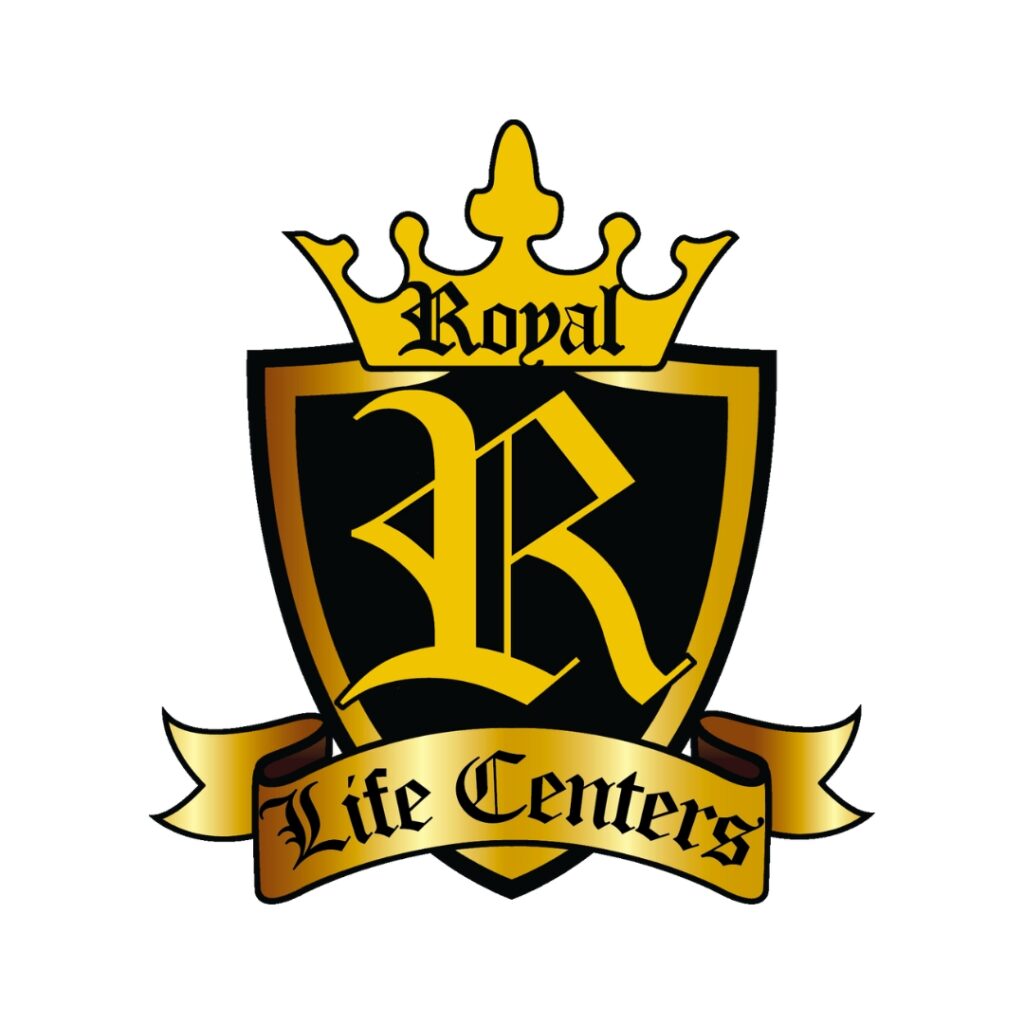Grief is a complex emotion that can be so intense that it interrupts one’s life and lingers for a long time. There are a number of reasons why a person might look for grief counseling, including the loss of a loved one or other mourning. For example, if you have undergone any significant changes in your personal life, such as developing a substance addiction, you may need to mourn the challenges it has created. Understandably, grief counseling aids a large number of people, regardless of their situation. If you know you need help, you could Google “grief counseling near me,” or you could go directly to a professional counseling center in your state. Let’s talk about what grief counseling looks like at Cascade Heights in Washington.
What Is Grief?
Grief is a natural response to the painful experience of loss. It can be triggered by a death or a different kind of loss. For instance, there are a great number of ways people can lose each other, such as estrangement, relationship breakdown, and health issues that change the person you knew. It is possible to grieve the loss of another person. Yet, it’s also possible to grieve the loss of yourself or what you once had or expected from your life. Notably, grief can be categorized as a complex system of emotions, physical responses, and thoughts as a result of loss. Much of the process is emotional and mental. However, physical symptoms are connected as well. Early grief is referred to as acute grief, while grief that has settled after time is called integrated grief. Notably, grief symptoms overlap with those of depression, and individuals may develop depression as a result of their loss. In fact, depression is considered one stage of the grief process.
What Are the Signs and Symptoms of Grief?
There can be many signs and manifestations of grief, both immediately after loss and much later. Typically, a person will experience symptoms that hinder their wellness in multiple areas. Grief has physical, mental, and emotional symptoms. For this reason, we believe in treating grief and depression holistically for whole-being improvements. To elaborate, holistic treatment focuses on the mind-body-spirit connection since they are all influenced by each other. Our grief counseling will help you address each area of pain for total restoration.
Physical Symptoms of Grief
As mentioned, grief can appear throughout the body in many ways. Some of these symptoms may include:
- Insomnia
- Nausea
- Increased heart rate
- Irregular heartbeat (arrhythmia)
- High blood pressure
- Inflammation
- Trouble breathing or panic attacks
- Chest pain
- Muscle aches and pains
- Appetite changes
- Dizziness
- Restlessness
Mental Symptoms of Grief
Working through grief is largely a mental process. It can be challenging to cope with all of your thoughts as you try to reconcile a new reality. Some of the mental symptoms of grief may include:
- Sensory overload
- Confusion
- Trouble concentrating
- Disbelief
- Hallucinations
- Depression
- Anxiety
Emotional Symptoms of Grief
Undeniably, grief is a complicated emotion. When struggling with loss, you will experience some emotional turmoil, with symptoms that can look like:
- Sadness
- Tearfulness
- Shock
- Numbness
- Hopelessness
- Anger
- Agitation
- Guilt
What Is Complicated Grief?
Complicated grief is a condition where a person’s grieving process remains severe and persistent beyond what is expected. This timeline is typically intense symptoms of grief for six months or longer after loss. Complicated grief is also called prolonged grief disorder. Notably, people with complicated grief find that their daily life is impacted by their distress. All grief benefits from support, but complicated grief requires professional treatment to help individuals improve their quality of life. For one thing, prolonged grief disorder can increase your risk of developing other mental health illnesses. We provide grief and depression treatment that combines counseling and therapy at Cascade Heights.
Addiction
Are you struggling with an addiction to substances like drugs and alcohol?
Royal Life Centers at Cascade Heights Recovery is here to help you recover. Because we care.
How Long Does Grief Last?
There is no set timeline for how long grief sticks around. It doesn’t disappear after a certain number of weeks, months, and years. Much of the process depends on the person and their situation. Some schools of thought consider much of the emotional work of grief to be lessened after a year. Beyond that, individuals can experience prolonged grief disorder. But of course, each individual deals with grief differently, and some symptoms may surface or re-surface later on. It’s important to remember that although a person’s grieving process may look a certain way from the outside, they’re healing in a unique way. Your own grief timeline has no set parameters you can measure. For one thing, you will never be “over” a significant loss. Instead, you can learn how to live with it and manage it so it doesn’t overtake you. It’s worth noting that processing your grief will help you navigate it in positive ways. Grief and loss counseling can help you find a healthy relationship with your complicated grief.
Stages of Grief
It is well understood that people move through five stages of grief when mourning. Psychiatrist Elisabeth Kubler-Ross first released information about the stages in 1969. Notably, not everyone works through grief in the same way. They may skip some stages or move through them non-linearly. However, the stages of grief are as outlined.
Denial: This means denying the situation to avoid starting to mourn. Denial is a coping mechanism in order to survive through intense pain.
Anger: Anger is a manageable emotion that often surfaces early on as a response to a situation outside of your control. Anger is a healthy response that you should allow yourself to feel.
Bargaining: Bargaining is the act of pleading that the situation would be different to whomever seems to be in control. Individuals may bargain internally with a higher power or externally with a person, like a doctor.
Depression: After putting effort into trying to change the situation, grief can manifest as deep emptiness, sadness, and hopelessness. Individuals can remain trapped in depression for a long time when grieving.
Acceptance: In this stage, individuals accept the situation for what it is. Acceptance, technically, isn’t a final stage because you will continue to feel your loss. Yet, it does represent a healthy level of acknowledgement about what you can’t control. In grief counseling, you can learn to control what you do have power over.
What Are the Advantages of Professional Grief Counseling?
Although grief is undeniably painful, it is also a healthy, natural response. To block or repress your feelings is to hold onto them for longer. Hidden grief will re-appear eventually and require healing. Thus, the only way to overcome your grief is to work through it. However, grief is too strong for anyone to tackle on their own. Instead, they need a support system of trusted people who can talk through and sit with their feelings. In many cases, individuals are wary of involving their loved ones in this role. They might be grieving themselves or might worry too much.. Professional grief counselors are the best people to invite into your pain. They are trained to help you get through the difficulty of processing grief. Their non-judgmental and empathetic presence offers support to help you bear your load. As a result, you can move forward in your life, having learned healthy ways to cope with grief.
Self-Help Tips for Dealing with Grief
It’s important to develop healthy coping skills to live with your grief, both in the midst of the most pain and in the long term. As noted, professional grief counseling is recommended for anyone who wants help processing their pain. But even after treatment, you will need to manage your symptoms to keep moving forward. Here are some tips for how to care for yourself throughout your bereavement.
Avoid Suppressing Your Emotions
Grief certainly brings a complex assortment of emotions with it, which can be extremely uncomfortable. However, the best way to learn to move forward is to feel these feelings. Otherwise, you will continue to repress them, and they will continue to leak out in some way. For instance, repressed emotions can lead to poor sleep, mental health symptoms like depression or anxiety, and tearfulness. Do not suppress your feelings; instead, give them space to exist. If you need help working through your emotions, grief therapists can support you.
Establish a Routine
Rituals and routines are important for overall health, especially if you struggle with your mental health. Your daily routine should be centered around helping you cope in healthy ways. Try to form daily habits around exercise, nutritious eating, rest, and creative expression. Even a short daily walk can do wonders for your mind, body, and spirit.
Practice Mindfulness Techniques
Mindfulness is a practice that allows you to stay centered in your thoughts and feelings. It connects both your mind and body in the process of meditation. Once you’ve developed a healthy relationship with your grief, it is helpful to take time to reflect on your feelings. As often as you need, close your eyes, deepen your breathing, and allow yourself to be present inside of yourself.
Stay Connected to Friends and Family
No matter where you are in the grief process, make sure you don’t go through it alone. Having a loving and empathetic support system does wonders for your mental health when you’re struggling with hard emotions. You may feel concerned about worrying others, but they will want to know how you’re doing so they can best assist you. If there is anything you don’t want to burden your loved ones with, remember that grief groups exist. These are meetings for people who have experienced loss. Rest assured, here you will find peers who understand what you’re going through and aren’t afraid to go deep.
Professional Grief Counseling Near Me
It’s not easy to deal with loss and sadness, but trauma and grief counseling can help you work through it. You can look no further for “grief counseling near me” if you reach out to Royal Life Centers at Cascade Heights. Our grief counselors provide everything you need in a support system. Along with leading you through conversation and discussion, they’ll help you develop healthy coping skills. You do not have to stay trapped in ongoing prolonged grief. Reach out today to start healing from the intensity of your pain.













